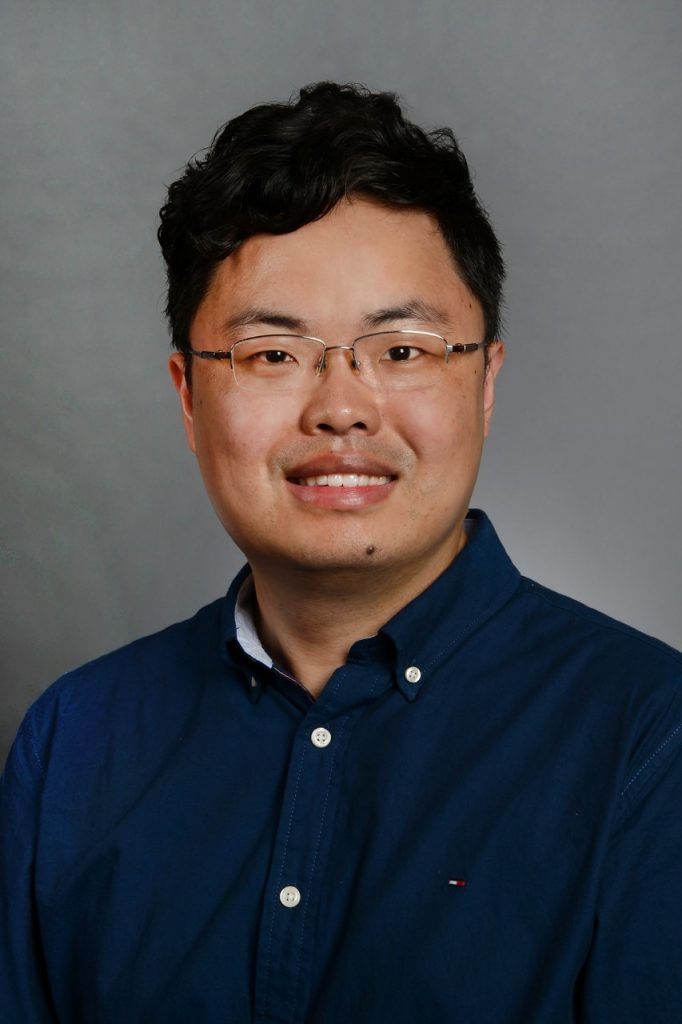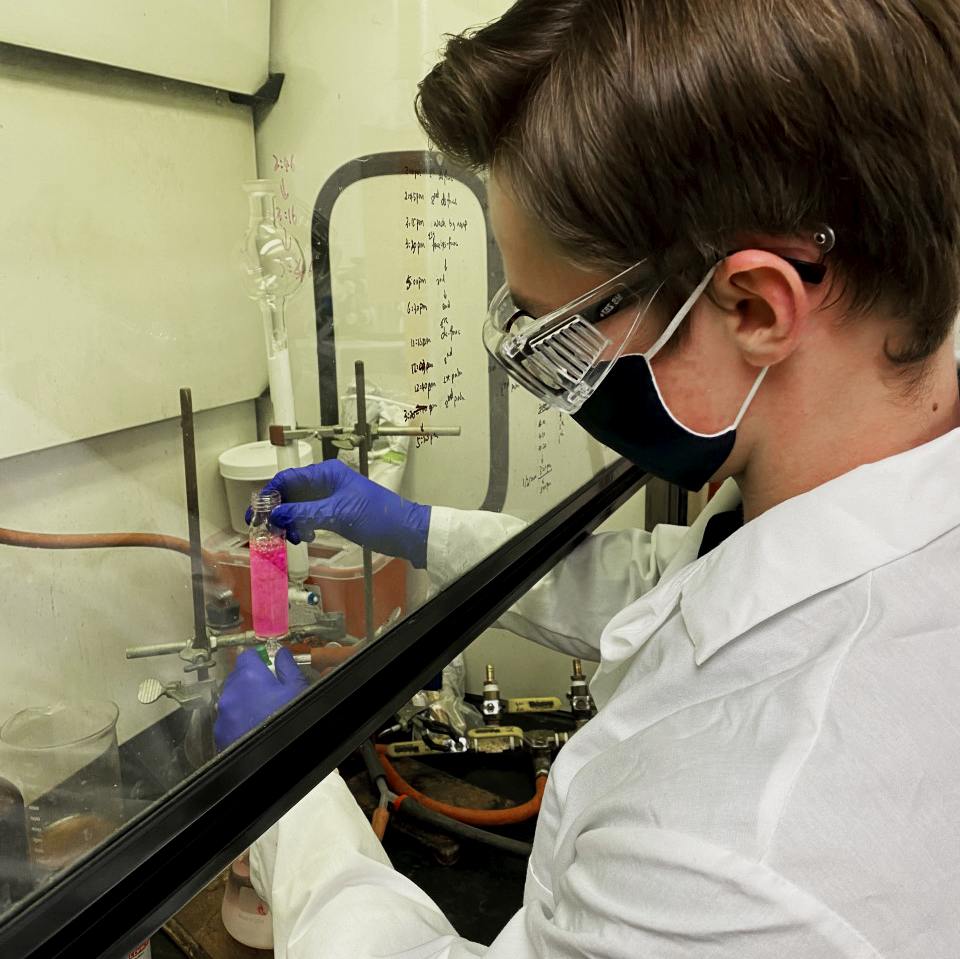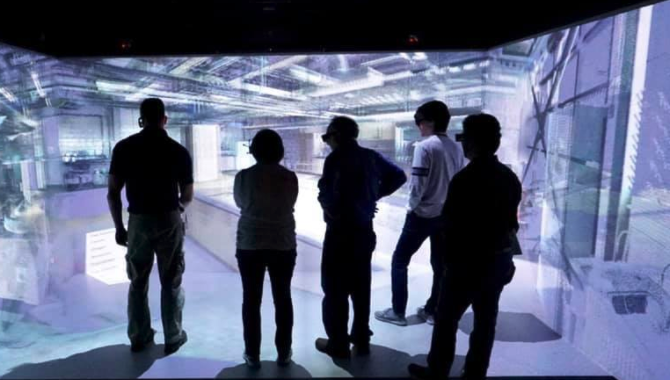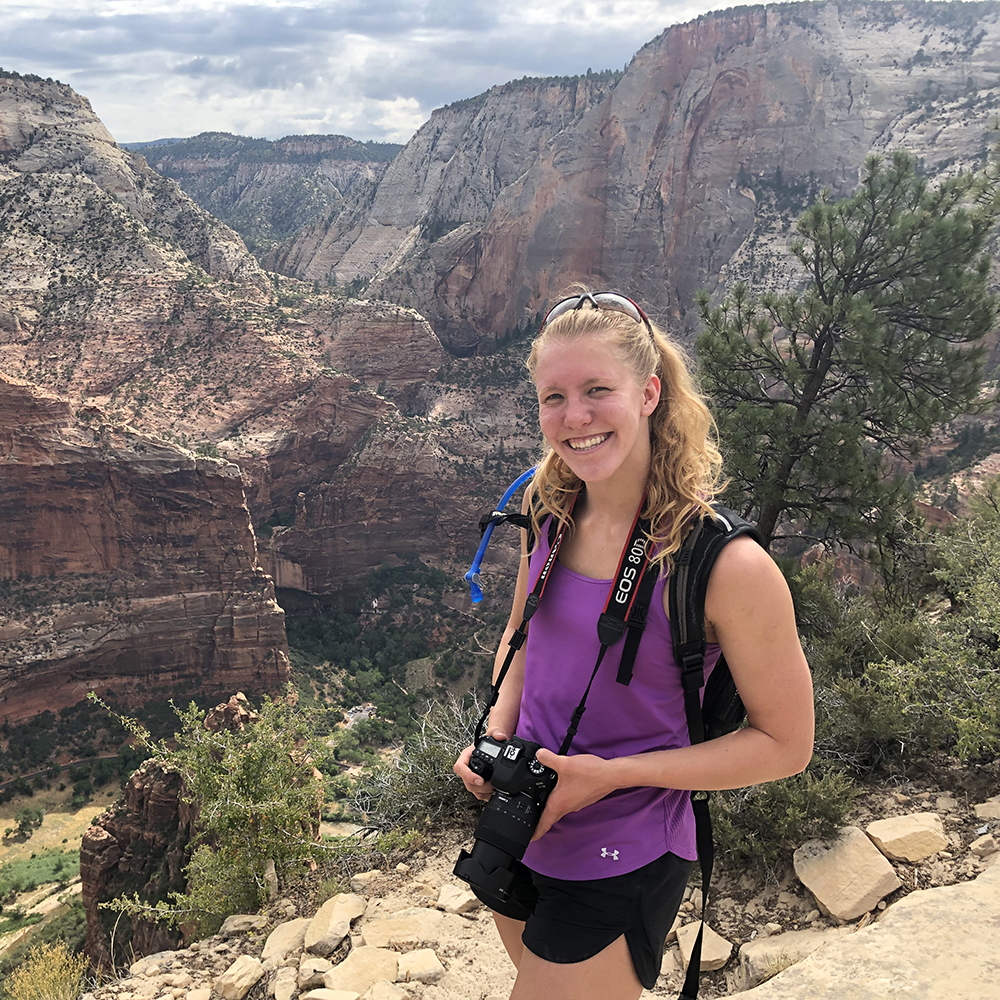
Five Mizzou Engineers Among Mizzou 18, Mizzou ’39 Recipients
Five engineers were among the MU students honored last week with Mizzou 18 and Mizzou ’39 Awards.

Meet Shubhra Gangopadhyay
Sometimes, before you can think big, you have to think small. After all, you can’t tackle the big problems without interacting with the microscopic molecules, electrons and atoms that make up our world. Meet Shubhra Gangopadhyay, professor, researcher and inventor of teeny-tiny technologies.

Krishnaswamy Receives VentureWell Faculty Grant
Kiruba Krishnaswamy, an assistant professor in the Department of Biomedical, Biological and Chemical Engineering with a joint appointment in Food Science (CAFNR), received a Fall 2020 VentureWell Faculty Grant, in a statement from the organization. This grant recognizes Krishnaswamy’s commitment to inclusive support of students who are creating innovations for positive social and environmental impact.

Detecting COVID-19 with a sticker on your skin
One day, a wearable, bioelectronic device could wirelessly transmit a person’s vital signs — potentially providing critical information for early detection of health issues such as COVID-19 or heart disease — to a healthcare provider, eliminating the need for an in-person visit while also saving lives.

Developing a targeted delivery system to treat cancer
In the ongoing battle to find ways to treat cancer, a team at the University of Missouri is addressing the problem from multiple angles, but with a precision approach. Cancer patients are often given chemotherapy, cancer-fighting drugs that kill cancerous cells and can also have harsh effects on healthy cells. But with recent developments in medical technology, researchers have started developing targeted approaches known as precision medicine, and the new treatments can cause less collateral damage to the body.

CAVE to Provide Immersive Virtual Experience
Imagine studying a protein by walking through its three-dimensional structure. Or researching traffic patterns by standing alongside a virtual highway. Or safely exploring the structural integrity of a house while it’s on fire. Mizzou Engineers will soon have the capability to do these things, thanks to a CAVE opening this year in Lafferre Hall.

Engineering an Olympic Opportunity
Engineering spans into almost every part of one’s daily life. For senior Sarah Thompson, this includes being a student-athlete on the Mizzou swim team. The biological engineering major enjoys learning the science behind being a better swimmer, including biology, fluid mechanics and materials science.

Studying behavior could lead to sustainability solutions
At first blush, Damon Hall’s office looks somewhat out of place. Tucked in the Natural Resources Building, his shelves are lined with the kind of reading material seemingly more suited for psychology or sociology. Looks, however, can be deceiving.